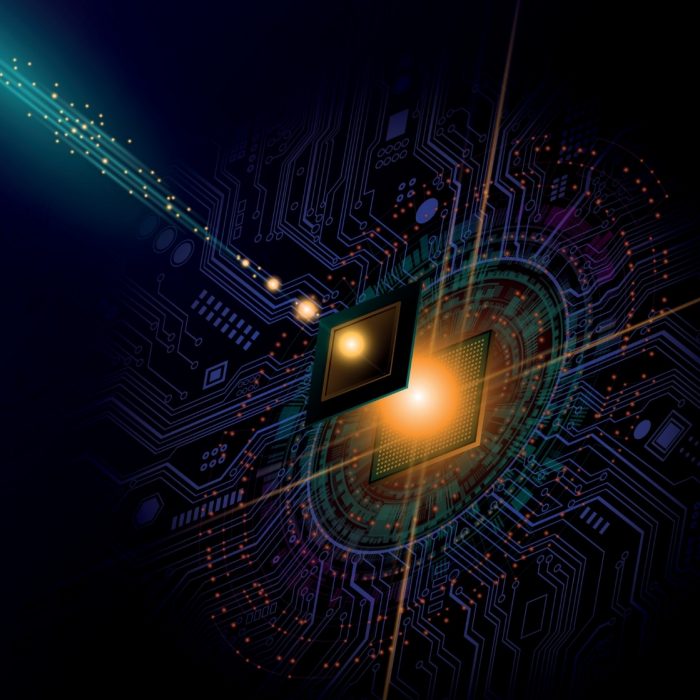Digital Transformation in focus

Humanity online
Digital technology is the ecosystem of all invented things - connected by millions of cables, millions of homes, millions of manufacturing facilities, millions of acres modified for agriculture, trillions of motors, thousands of dams and artificial lakes, hundreds of millions of automobiles, and quadrillions of microchips.
These virtual strings have given humanity god-like creative power, enabling us to craft and experience the world through different lenses - in different skins. With everyone living by their own algorithm, it becomes hard to draw a box around reality. Our research at the AI institute is navigating the path towards increasingly generative artificial intelligence, trusted autonomous systems like driverless vehicles, and more intuitive infrastructure. As we become more reliant on these devices, perhaps it’s less a matter of what your smartphone can do for you, but what you can do for your smartphone. What does technology need from us?
“Defining the role and impact of artificial intelligence is one of the most exhilarating and controversial questions of our time."
As we continue to expand this field of technology, our minds are not fixated on the science-fiction, but ensuring that people and policy are not an afterthought.
- Haris Aziz, Computer Science and Engineering and Director of the UNSW.ai Institute
Our areas of impact
- Computer vision
- Bioinformatics
- Digital identity
- Automation and Logistics
- Neural Interfaces
- Game design, coding and entertainment
OCIUS Technology has recently commercialised its Bluebottle USV, a robotic autonomous boat, which incorporates UNSW research and student-developed technology. The Bluebottle is ‘disruptively inexpensive’, running on three forms of renewable energy, and has operated unescorted for large distances (up to 870 days at sea) in Australia and Japan.
Student voices
Using the skillset and problem-solving of an engineer to deliver basic needs to vulnerable communities across the world, where our students can make the greatest possible impact.
“Employers and industries are increasingly becoming interested in graduates’ initiative to build things. After leaving my career in technology consulting at Accenture, I started my own company with an old friend from school. I co-founded Humanitix, which funds education programs for disadvantaged students by disrupting the online events ticketing industry. We’re the first events ticketing platform that donates 100% of all profits to fund indigenous scholarships and girls’ literacy programs in low-income countries. The platform has taken off across Australia and New Zealand and we’re now in the process of expanding into the USA and Europe… By thinking through a social impact lens, there are many opportunities for new graduates to create products and services that give back to the world.”
- Adam McCurdie, UNSW Mechanical Engineering Graduate
Research centres & institutes
UNSW Engineering is a global leader in research and innovation. It’s in the world-class research and institutes we host and participate in that that many of our most innovative digital solutions come to life. These include ARC research hubs, cooperative research centres and other initiatives relating to the digital future.
Our world-class facilities in digital transformation include:
- UNSW AI Institute
- Institute for Cyber security
- iCinema Research Centre
Get in touch and see what’s possible.
Ask how we can help your business, industry, or market through collaboration.
